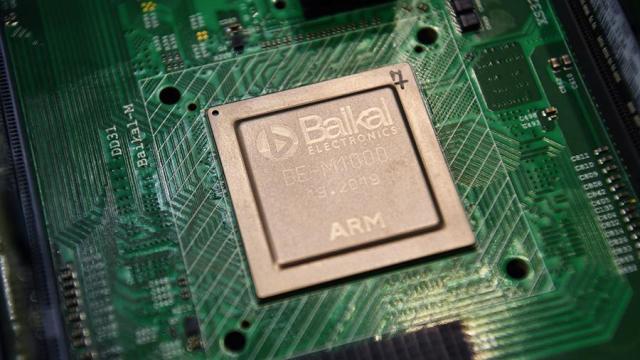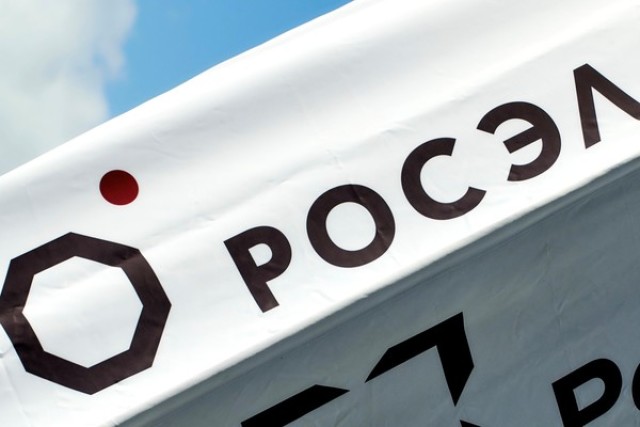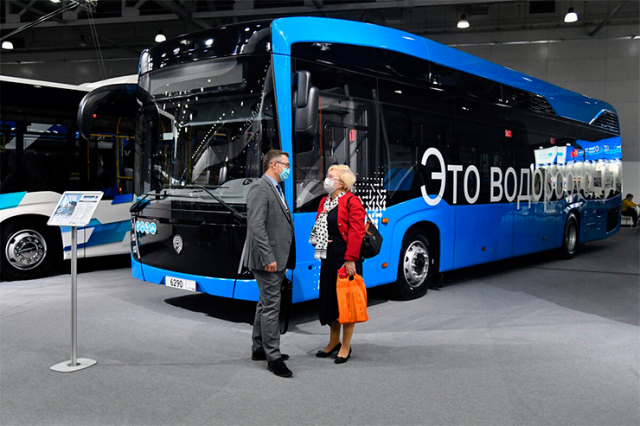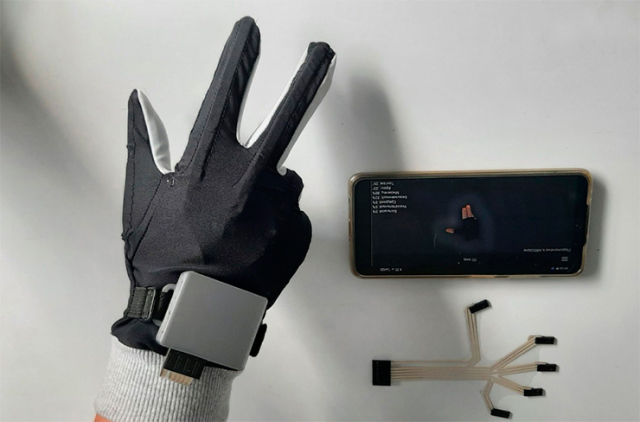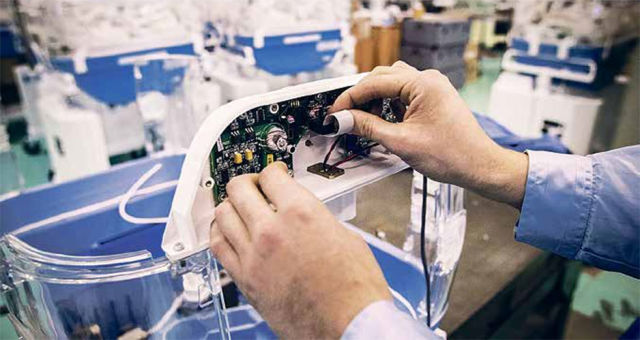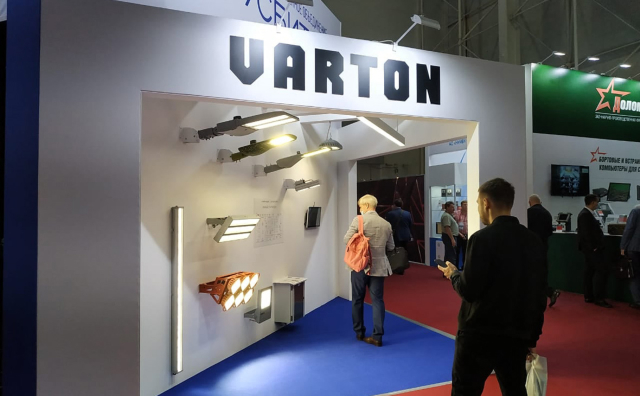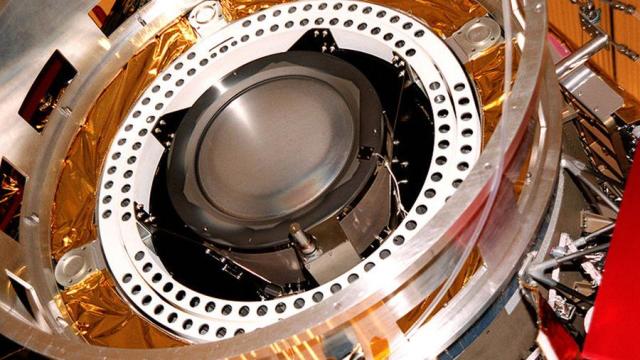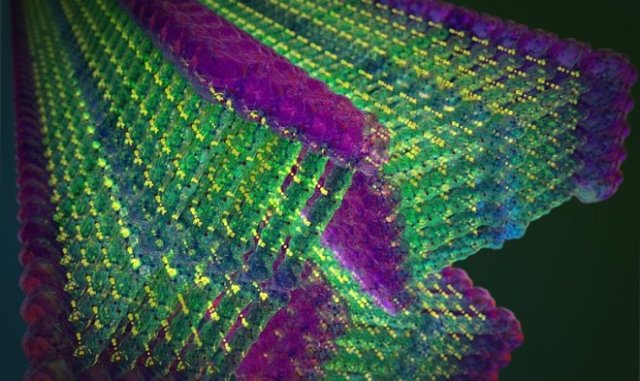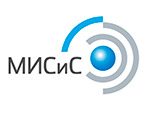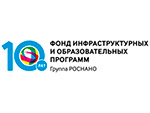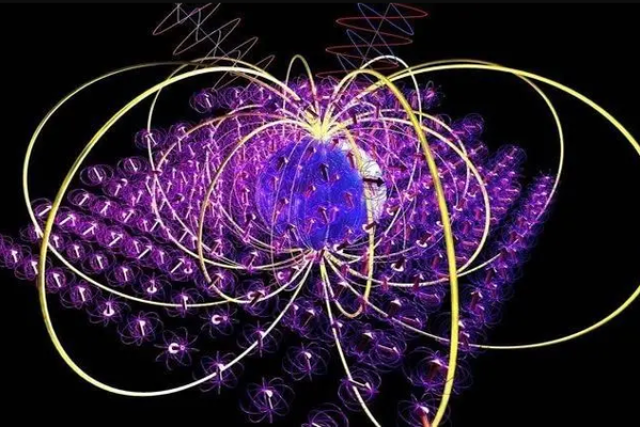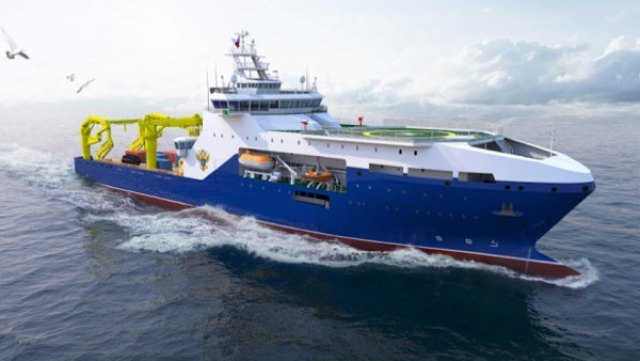Nanotechnology news
Baikal Electronics announced the mass release of PCs on Baikal-M processors
Baikal Electronics, a developer of domestic chips from the Baikal line, has entered into a partnership agreement with four design centers for the production of motherboards on its processors in Russia.
Roselektronika has developed a technology for the production of nanofolga
The holding company "Roselectronics" of Rostec State Corporation has developed a technology for manufacturing nanofolgs for connecting electronic components. The new material has significant advantages over traditional methods, allowing soldering at room temperature in a fraction of a second.
A resident of the capital's SEZ is upgrading a line of industrial microchips for use in the Arctic
Resident of the SEZ "Technopolis Moscow" company "Micron" modernizes the production of industrial chips for efficient operation in the most extreme conditions. This was announced by the head of the Department of Investment and Industrial Policy Alexander Prokhorov.
Russian companies will become suppliers of hydrogen solutions at the early market stage
The early market for hydrogen in transport is limited by the appearance of infrastructure and will last for another 5-7 years, Mikhail Nenyukov, Deputy Chairman of the Management Board and Chief Operating Officer of RUSNANO Group, said during the panel session "Digital and Green Transport: development trends and agglomeration aspect" at the 16th International Commercial Vehicle Exhibition COMTRANS 2021.
The startup "Printosens" of the Mordovia Nanocenter has adapted a cyber glove for controlling industrial robots
The developers of the Printosens company of the Mordovia Nanocenter, which is part of the RUSNANO Group's FIOP investment network, have released the second version of the cyber glove and created new software for controlling robotics, for example, working under water and in laboratories with high risks for the safety of employees.
The program of import substitution of medical devices will attract more than 60 billion rubles to the budget and create more than 100 thousand jobs
This was stated by Ivan Ozhgikhin, Senior Managing Director of RUSNANO Management Company, Chairman of the Management Board of the Medical Equipment Consortium, at the Innomed forum. Currently, up to 30% of the volume of medical products purchased at the expense of the budget is already produced in Russia.
Andrey Pokhodaev, Investment Director, RUSNANO Management Company: Our next global goal is hydrogen energy
On June 17, Andrey Pokhodaev, Senior Managing Director for Investment Activities of RUSNANO Management Company, took part in the session "Technologies and Innovations for Sustainable Development" of the Forbes conference "Sustainable Development. Profitably together."
The creators of the Baikal processors were sold to Warton»
Expected for more than six months, the deal to acquire a controlling share of the developer of the line of Russian processors "Baikal" is closed. The details of the transaction are not known, but it is obvious that the share of the arrested owner of "T-platforms" in this organization has been reduced to a minimum, and possibly to zero.
RUSNANO and H2 Clean Energy signed an agreement on the joint development of projects for the production of "green" hydrogen
RUSNANO and the company" H2 Clean Energy " at the St. Petersburg International Economic Forum signed an agreement on the joint development of projects in the field of hydrogen energy.
Omsk scientists will develop samples of engines for nanosatellites
The State Corporation "Roscosmos" supported the scientific project of OmSTU to create new samples of electrothermal engines for nanosatellites weighing 4 kg or more. The scientists plan to develop and manufacture new samples of fuel automation elements of the corrective propulsion system and new samples of micro-motors based on the NTC "Cryogenic Technology".
Russian Ion Engine Testing Deadline Named
Flight tests of Russian ion engines are planned to be conducted in 2025-2030, according to the Keldysh Research Center (part of Roscosmos).
The US military bought a lot of ancient, but domestic chips
GlobalFoundries has signed a contract with the Pentagon to supply several batches of chips for the US Army. Their purpose is unknown, and the first shipment is scheduled for 2023. All chips will be 45-nanometer, although by 2023 the main chip suppliers are going to master the 3-nanometer process.
Scientists have found a way to create self-assembled Kevlar nanofilms that are stronger than steel
A team of scientists from the Massachusetts Institute of Technology has developed a new type of Kevlar-based molecules that can self-assemble into long strands. Their thickness is only one nanometer, while the length and area can vary depending on the tasks set. The first experiments showed that these thinnest threads are incredibly strong, and therefore have a wide range of potential applications.
In Moscow, they began to build the scientific and technological center "Vorobyovy Gory" for 20 billion rubles
Sergei Sobyanin launched the construction of the Moscow State University's Vorobyovy Gory innovation cluster, the Moscow Mayor's Office reported. Previously, investments in this project were estimated at 20 billion rubles.
FIOP supported the training of personnel for the nanotechnology direction in radiophotonics
At Petrozavodsk State University (PetrSU), with the support of the Fund for Infrastructure and Educational Programs (FIOP), the RUSNANO Group has completed the development of a professional development program for specialists engaged in the design and production of the element base of radiophotonics with nanoscale components. In February 2021, the training of a pilot group of employees of JSC OKB-Planeta (Veliky Novgorod), which acted as the customer and industrial partner of the educational project, will begin. The new program became the seventh joint project RUN and the University.
A new production method has improved the medical alloy with shape memory
NUST MISIS scientists in collaboration with Russian and foreign colleagues were able to improve the technology of obtaining medical alloys with shape memory. The new technique will improve the reliability of existing surgical devices and develop a number of new ones. The results of the study are published in the journal JOM.
The growth rate of thin-film solar energy is expected to reach 10% per year
In the next decade, the volume of production of thin-film solar modules in value terms will grow by about 10% per year. In gigawatts of power, the increase will be comparable to the rate shown by the rapidly developing solar power generation based on crystalline silicon.
US Air Force conducts quantum research to improve GPS ' immunity to interference
At the end of 2020, the Air Force Office of Scientific Research at the Air Force Research Laboratory awarded 17 grants for quantum information research, two of which focused on the use of quantum computing to overcome problems in navigation without the use of GPS, according to the publication Inside GNSS. Quantum computing and quantum sensors use quantum bits (qubits) to speed up computing processes while performing multiple operations simultaneously, which is beyond the capabilities of modern computers.
New Russian development will improve the" vision " of unmanned vehicles
Scientists of the National Research Nuclear University "MEPhI" (NRU MEPhI) have developed the first Russian microelectronic transceiver that provides the operation of "vision" in autopiloted systems. According to them, the use of a new element, characterized by compactness and simplicity, will accelerate the introduction of fully autonomous safe transport.
Underwater robots will help to recreate the scientific fleet of Russia
One of the most important events of 2020 was the beginning of the revival of the Russian research fleet. For the first time in many years, money has been allocated for the creation of new research vessels (NIS). What characteristics will the new scientific ships of Russia have and why their early creation is of such great importance for the country?


